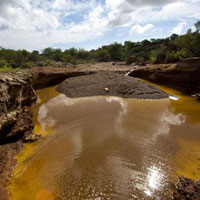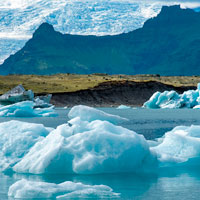AP Environmental Science- READ chapter two of raising Elijah -focus should be on:
Most of this chapter deals with one particular pollutant- pay attention to how dangerous it is, where it is found, what it effects in your body and how dosing is determined (in terms of how much it takes to cause an effect in children vs adults).
Friday, August 30, 2019
AP Biology homework
AP Biology weekend Homework (not due until WEDNESDAY) Test on organics Friday/ will include lab information.
Biuret Results

BENEDICT's results

protein receptors
https://www.khanacademy.org/science/ap-biology/cell-communication-and-cell-cycle/signal-transduction/v/membrane-receptors
G-protein coupled receptors
https://www.khanacademy.org/science/ap-biology/cell-communication-and-cell-cycle/signal-transduction/v/membrane-receptors
cellular mechanism of hormone action-- This one gets very detailed- we'll get into this more later so just watch and listen so you are aware of how hormones work.
https://www.khanacademy.org/science/ap-biology/cell-communication-and-cell-cycle/signal-transduction/v/cellular-mechanism-hormone-action
Biuret Results
BENEDICT's results
protein receptors
https://www.khanacademy.org/science/ap-biology/cell-communication-and-cell-cycle/signal-transduction/v/membrane-receptors
G-protein coupled receptors
https://www.khanacademy.org/science/ap-biology/cell-communication-and-cell-cycle/signal-transduction/v/membrane-receptors
cellular mechanism of hormone action-- This one gets very detailed- we'll get into this more later so just watch and listen so you are aware of how hormones work.
https://www.khanacademy.org/science/ap-biology/cell-communication-and-cell-cycle/signal-transduction/v/cellular-mechanism-hormone-action
Friday, August 23, 2019
APES weekend homework- Chapter 1 quiz moved to Monday 8-26-19
Google doc to help guide you:
https://docs.google.com/document/d/1QWMVhhPaFZITEwX5afNscpzR8nHBJMN10jFSq4BCO_Q/edit?usp=sharing
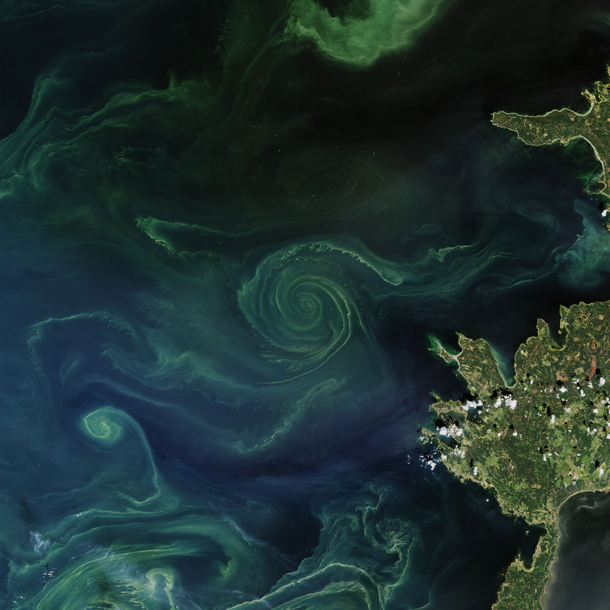
Deadzones _ < 9 min.
https://www.loe.org/shows/segments.html?programID=19-P13-00010&segmentID=3
Lake Erie Dead zone <7 min="" p="">http://www.loe.org/shows/segments.html?programID=10-P13-00043&segmentID=2
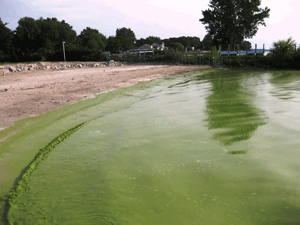
Nitrogen -< 2 min
https://www.loe.org/shows/segments.html?programID=16-P13-00049&segmentID=4
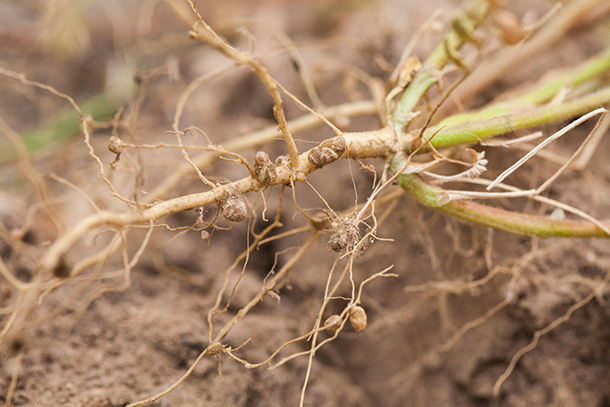
Thursday, August 22, 2019
APES QUIZ tomorrow
QUIZ on first chapter of Raising Elijah- Any handwritten notes will be allowed during the quiz- you will not be able to use your book.
Hint- pollution and stress and how they effect pregnancy will definitely be covered.
Hint- pollution and stress and how they effect pregnancy will definitely be covered.
Tuesday, August 20, 2019
APES homework for tonight
biogeochemical cycles- watch this as an overview of what we'll be finishing up tomorrow.
https://www.youtube.com/watch?v=Bn41lXKyVWQ
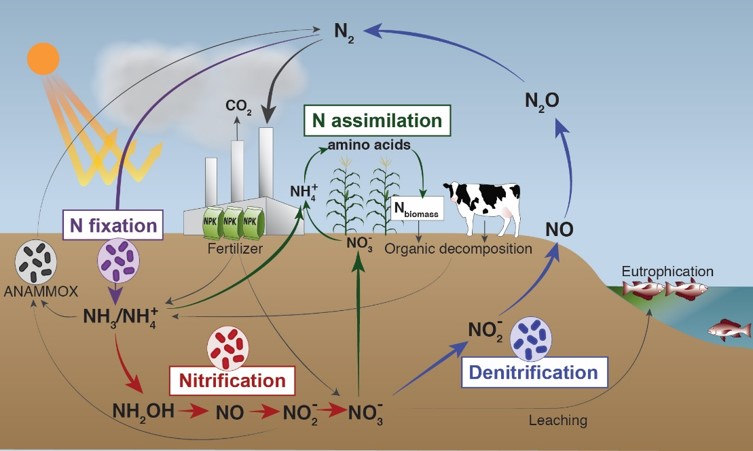
https://www.youtube.com/watch?v=Bn41lXKyVWQ

Friday, August 16, 2019
APES link to class videos and images
Homework post is the previous post
APES students- Here is a link to the material we are working on now in class, just in case you need to see it again: There are images at the end of the document that should be helpful.
https://docs.google.com/document/d/1dChCOAzNTxRdfbBrW101CCN-qEf-d-5858GubxF443Y/edit?usp=sharing
APES students- Here is a link to the material we are working on now in class, just in case you need to see it again: There are images at the end of the document that should be helpful.
https://docs.google.com/document/d/1dChCOAzNTxRdfbBrW101CCN-qEf-d-5858GubxF443Y/edit?usp=sharing
Thursday, August 15, 2019
APES weekend homework- podcasts
APES weekend homework ( have this done by Monday)- listen to the segments and take notes- be curious don't forget your "and one"!
You can listen to the segments posted here or go to the LOE podcast app and click on the dates for the episodes- The Fracking segment is the first segment from July 19th and the segments from July 26th are also the first two segments so you won't have to go searching for them.
From the July 19, 2019 Living on Earth- https://www.loe.org/shows/shows.html?programID=19-P13-00029
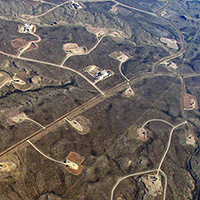
Fracking and Your Health
Miners Pollute the Sea of Cortez
Beyond the Headlines / Peter Dykstra
You can listen to the segments posted here or go to the LOE podcast app and click on the dates for the episodes- The Fracking segment is the first segment from July 19th and the segments from July 26th are also the first two segments so you won't have to go searching for them.
From the July 19, 2019 Living on Earth- https://www.loe.org/shows/shows.html?programID=19-P13-00029

Fracking and Your Health
(stream / mp3)
Fracking forces water, sand and chemicals into shale rock at high pressures, extracting much more oil and gas than conventional wells. But this highly efficient method comes with environmental and health risks including birth defects, cancer, and asthma. A new meta study brings together the findings of more than 1700 studies, articles and reports on the health impacts of fracking. Coauthor Sandra Steingraber, a professor of Environmental Studies and Sciences at Ithaca College, joins Host Bobby Bascomb to discuss the importance of this massive body of evidence. (09:26)
The next two segments are From the July 26, 2019 Living on Earth https://www.loe.org/shows/shows.html?programID=19-P13-00030
SEGMENTS
Miners Pollute the Sea of Cortez
(stream / mp3)
On July 9, 2019, a facility operated by mining company Grupo Mexico spilled thousands of liters of sulfuric acid into the Sea of Cortez. It’s not the first time the company has come under fire for spilling toxic chemicals into the environment: in 2014, 11 million gallons of copper sulfate and heavy minerals spilled from a copper mine it operates in Sonora, contaminating major rivers and creating a local environmental disaster. Kendal Blust, a correspondent for public radio station KJZZ, discusses public outcry over the spill with Host Bobby Bascomb. (07:48)
Beyond the Headlines / Peter Dykstra
(stream / mp3)
In this week’s trip beyond the headlines, Peter Dykstra joins Host Bobby Bascomb to discuss a eulogy for a glacier in Iceland that was lost due to climate change. Next, they turn to the future, or lack thereof, of plastics recycling in the United States. Finally, with a look into the history vaults, the two examine the history of Japan’s controversial whaling for “scientific research”. (04:52)
Wednesday, August 14, 2019
APES homework for tonight
APES- homework for tonight:
Geology- *watch this and take some basic notes (don't worry about the names of scientists- we're are looking for big picture information). Write down basic geology information and one or two things that occurred during each of the major divisions of time.
https://www.pbs.org/video/a-brief-history-of-geologic-time-jaljq2/
*You may have to choose your local pbs station to watch the video- I picked SCETV- it's free and won't make you download anything.
Geology- *watch this and take some basic notes (don't worry about the names of scientists- we're are looking for big picture information). Write down basic geology information and one or two things that occurred during each of the major divisions of time.
https://www.pbs.org/video/a-brief-history-of-geologic-time-jaljq2/
*You may have to choose your local pbs station to watch the video- I picked SCETV- it's free and won't make you download anything.
Sunday, August 11, 2019
2019-2020 school year Basics
jackjohnson-https://www.youtube.com/watch?v=luIwHea621w
Welcome Back! Here is some basic information that will apply to all of my classes:
You will need:
Two composition notebooks
Folder or binder for handouts
colored pencils
Black or Blue pen
Standard pencils
You will have group warm ups, quizzes and tests as well as individual assessments.
Typically, these things are not allowed out during class: food, drinks or cell phones(these should be off ).
If you need to have something to drink throughout the day ( you're involved in sports and have to stay hydrated or you're just a really thirsty person) keep in mind that "one use" plastic water bottles will NEVER be allowed out. A reusable drink container (one made intentionally for repeated use) would be fine provided it has a lid.
Here's why:
Recycle?? It's the last "R" for a reason!
https://www.ted.com/talks/emma_bryce_what_really_happens_to_the_plastic_you_throw_away
Nurdles
https://www.youtube.com/watch?v=KpVpJsDjWj8
https://ibanplastic.com/top-10-most-polluted-rivers-in-the-world/
https://www.worldwildlife.org/industries/sustainable-seafood
Mind mapping- organize your thoughts!!
https://www.youtube.com/watch?v=u5Y4pIsXTV0
This next bit applies to AP Biology and AP Environmental Science classes:
These classes are hard. They require you to have an excellent work ethic, increased maturity level, minimal absenteeism (never miss a lab) and it is assumed you already have a basic background in the sciences being taught.
General Biology Regular and/or Honors:
Expect one homework assignment a week- usually vocabulary "window panes"
AP Biology
https://apcentral.collegeboard.org/courses/ap-biology/course/frequently-asked-questions
Bozeman (Paul Anderson) is your new best friend!
http://www.bozemanscience.com/ap-biology
You will most likely have homework nightly.
You will absolutely need internet access.
You will have to design your own laboratory investigations and run them in class so you will need to work with your group to make sure you have the materials you need.
AP Environmental science (APES) - this class is a fusion of all other science disciplines
https://apcentral.collegeboard.org/courses/ap-environmental-science/course/frequently-asked-questions
LOE (Living on Earth) and APES in a box are your best friends!! (Paul and Hank will hang out with you sometimes too!)
https://www.loe.org/
https://vimeo.com/channels/apesinabox/videos
Intro to Environmental Science
http://www.bozemanscience.com/ap-es-001-environmental-science
You will most likely have homework nightly.
You will absolutely need internet access.
You will have to design your own laboratory investigations and run them in class so you will need to work with your group to make sure you have the materials you need.
Subscribe to:
Posts (Atom)
